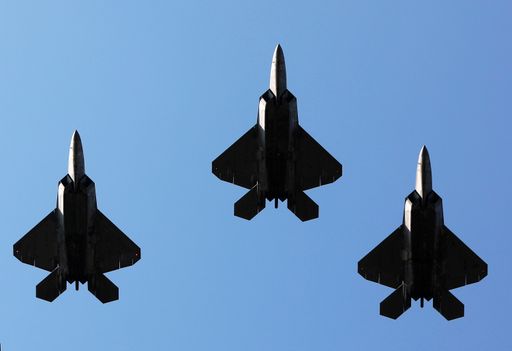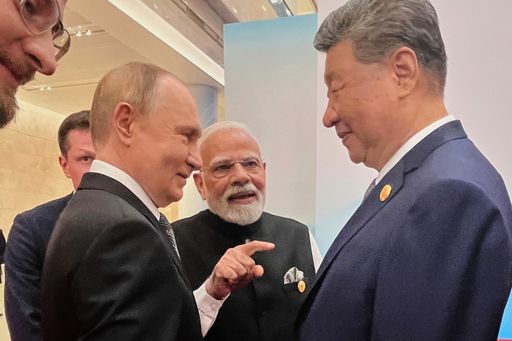The Pentagon is drafting a new National Defense Strategy that pivots from countering China to safeguarding the homeland and Western Hemisphere, according to US-based media outlet Politico.
A draft delivered last week to Secretary of War Pete Hegseth outlines a reorientation toward domestic and regional security missions, according to officials briefed on the plan.
The new strategy may create a chasm between the Trump administration and both Republican and Democratic administrations that have long cast China as America’s greatest strategic rival.
“This is going to be a major shift for the US and its allies on multiple continents,” said one of the people briefed on the draft document. “The old, trusted US promises are being questioned.”
Donald Trump’s presidency increased the activities of the FBI, ICE and other law enforcement agencies to combat illegal immigration and crime.
National Guard forces have been deployed to US cities, while warships and fighter jets patrol the Caribbean against drug flows.
The military has even targeted Venezuela’s Tren de Aragua drug cartel, allegedly killing 11 of its suspected members in international waters.
Along the southern border, troops now detain civilians in a role once reserved for law enforcement.

Reviewing global posture
The draft departs dramatically from the Trump administration’s 2018 defence strategy, which framed China and Russia as “authoritarian adversaries”.
“It is increasingly clear that China and Russia want to shape a world consistent with their authoritarian model,” the opening paragraphs of that document said.
A Republican foreign policy expert familiar with the report, speaking anonymously due to the sensitivity, said the shift “doesn’t seem aligned with President Trump’s hawkish views on China at all.”
Yet President Trump continues to voice hawkish rhetoric, levying tariffs and accusing Chinese President Xi Jinping of “conspiring against” the US after he met with North Korean leader Kim Jong-un and Russian President Vladimir Putin at a military parade in Beijing.
The strategy is led by Pentagon policy chief Elbridge Colby, who co-authored the 2018 strategy but now champions an isolationist turn.
Colby’s team is also preparing a global posture review, which could pull tens of thousands of US troops from Europe and the Middle East.
The review will coincide with a theatre air and missile defence assessment, shaping where US forces and allied systems are positioned worldwide.
NATO allies fear the implications, even as Trump assures Poland that US forces will remain.
Diplomats warn that cuts to the Baltic Security Initiative will undercut regional deterrence, weaken NATO credibility, and slow the acquisition of key American-made systems like HIMARS, according to a Financial Times report.
European officials are privately urging Washington to reconsider, stressing that retreat would embolden Moscow and fracture allied unity.
The Pentagon declined to comment, while the White House has remained silent on the report.




















